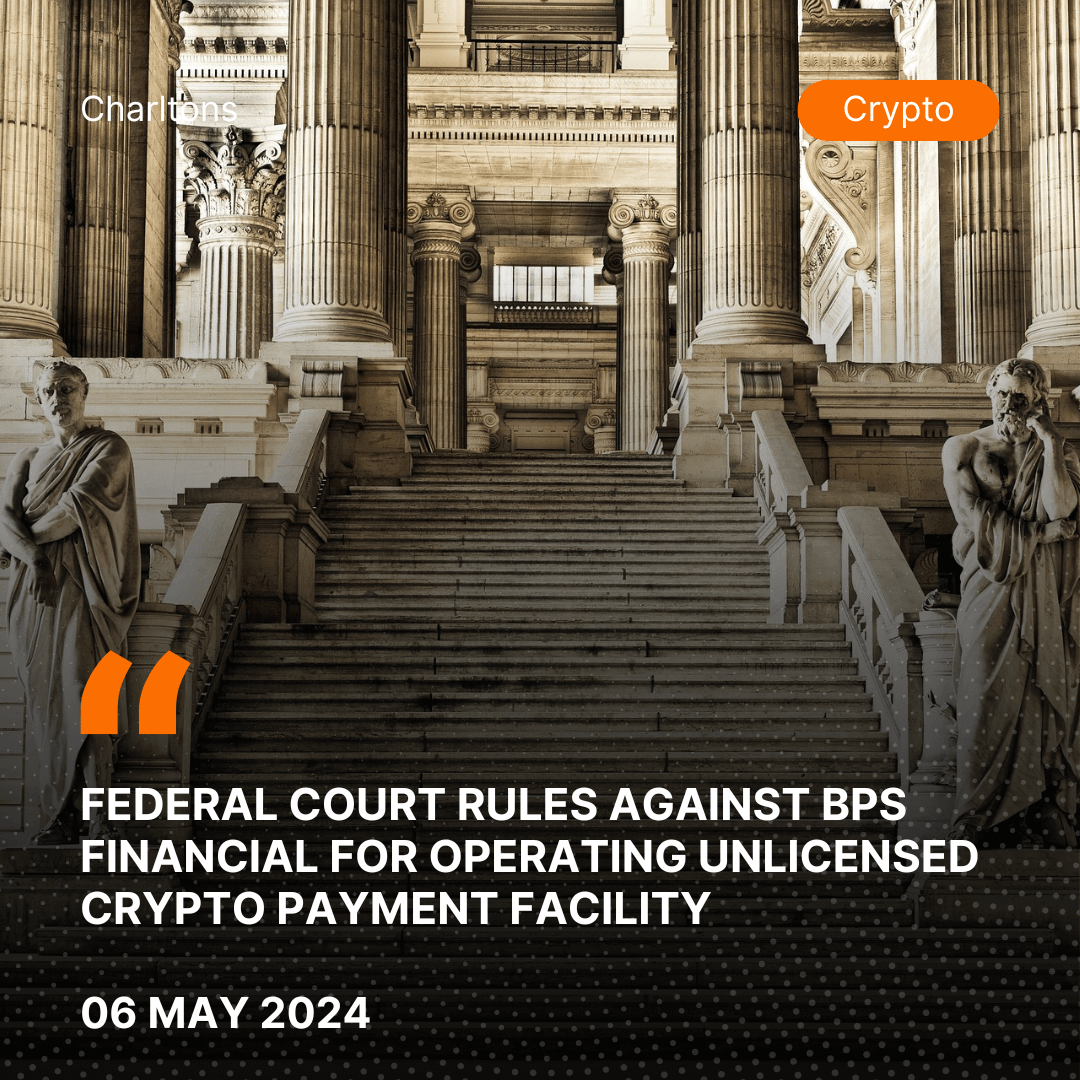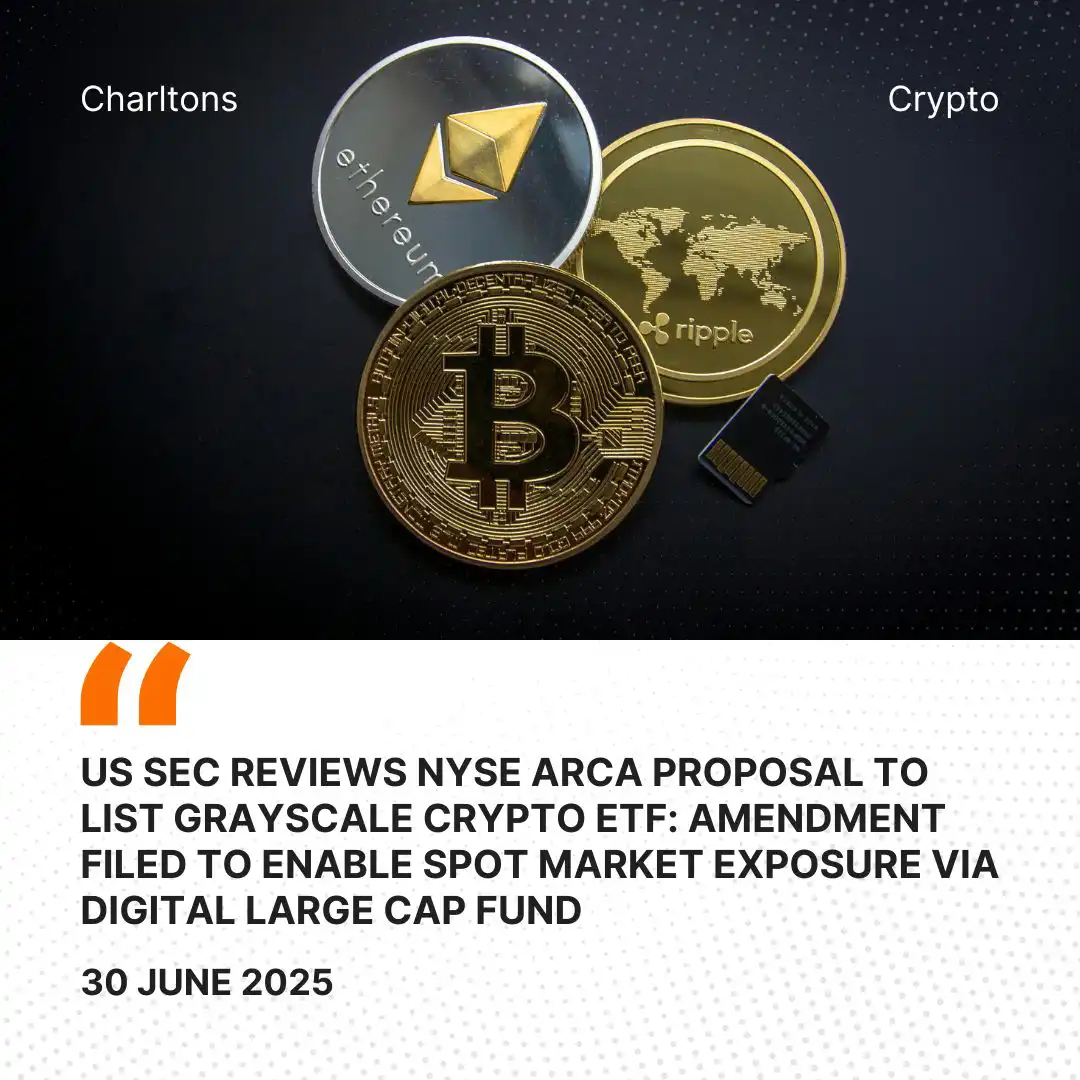
The Federal Court of Australia has ruled against BPS Financial Pty Ltd. for operating the “Qoin Wallet” without proper licenses. The Australian Securities and Investments Commission (ASIC) announced that BPS Financial engaged in unlicensed conduct by offering the Qoin Wallet, which utilized a crypto-asset token called “Qoin.” Justice Kylie Downes found BPS guilty of violating the Corporations Act by not holding the necessary licenses to issue or provide financial advice about the Qoin Wallet.
ASIC Chair Joe Longo emphasized the significance of this ruling as the first court outcome against a non-cash payment facility involving crypto. Longo stressed the importance of regulatory compliance in the volatile crypto market to protect consumers, highlighting the inherent risks and complexities associated with crypto assets. He underscored the necessity for providers to have appropriate licenses and authorizations, ensuring that investors receive clear and accurate information.
The court also found BPS guilty of deceptive practices, including falsely promoting the Qoin Wallet as registered and misleading consumers about the liquidity of Qoin tokens. BPS claimed that Qoin tokens could be easily converted into other cryptocurrencies or Australian dollars, but the court determined that only one digital currency exchange, BTX Exchange, accepted Qoin prior to November 2021, and it was not independent of BPS.
ASIC emphasized that the court’s decision sends a message to the crypto industry that their products will be scrutinized to ensure compliance with regulatory obligations and consumer protection. Longo cautioned entities against making false or misleading claims about their offerings’ features or regulatory status.
The ruling against BPS Financial underscores the importance of regulatory compliance in the crypto industry to protect consumers from deceptive practices and financial risks. As ASIC continues to enforce regulations and scrutinize crypto assets, entities operating in this space must adhere to regulatory obligations and provide accurate information to investors. This case serves as a reminder of the need for transparency and accountability in the evolving landscape of digital finance.





